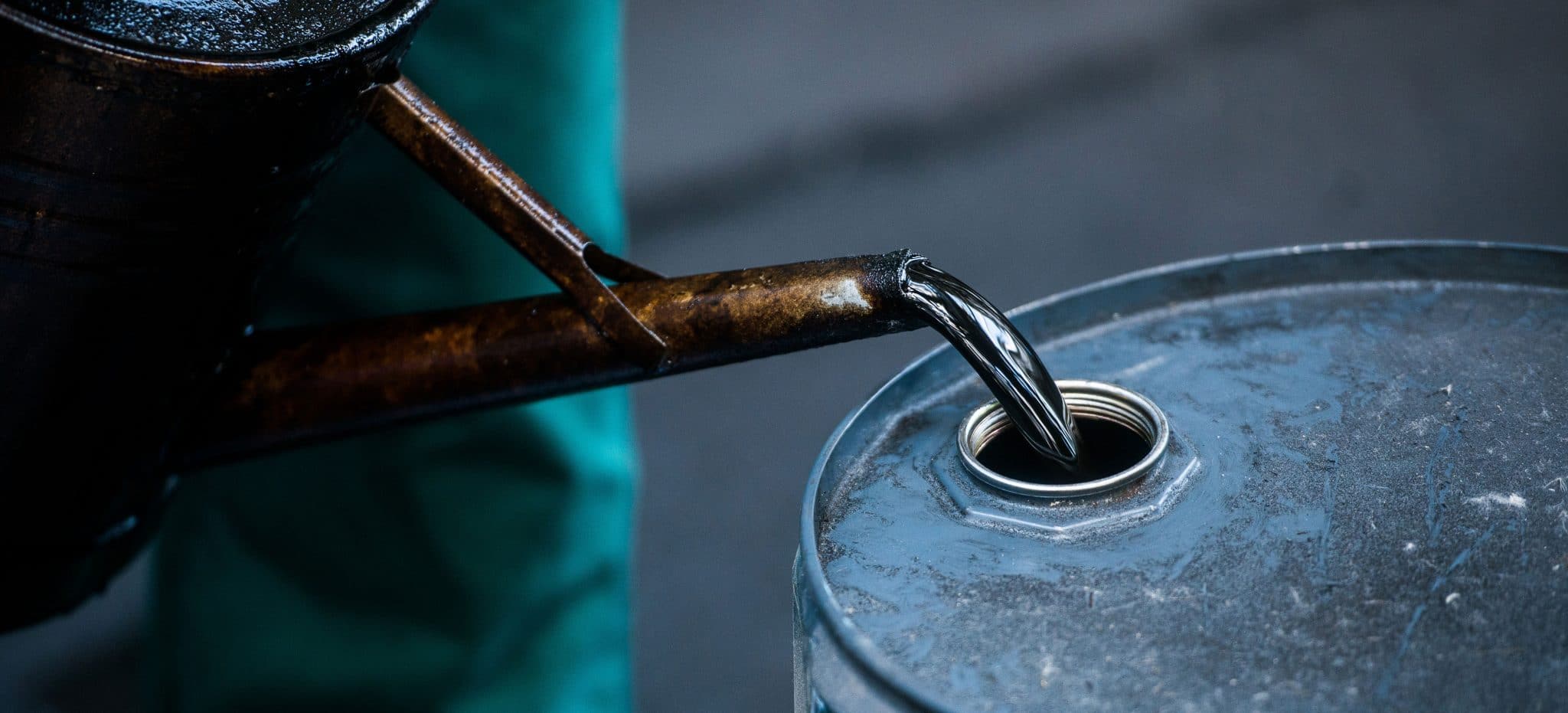The Federal Government of Nigeria has introduced a virtual means of evacuating crude oil, utilizing barges and trucks for transportation from production points to injection/storage points, aiming to mitigate losses caused by pipeline disruption and outages.
This Alternative Crude Oil Evacuation System (ACOES) seeks to address the significant challenges posed by crude oil theft and pipeline vandalism, which have resulted in substantial economic losses amounting to trillions of naira annually.
The Nigerian Upstream Petroleum Regulatory Commission (NUPRC) presented this innovative approach in a recent briefing titled “Stability in the Nigerian Energy Sector: Integrated Strategies for Infrastructure, Transportation, and Security.”
The adoption of ACOES signifies a strategic shift in crude oil transportation methods, moving away from traditional pipelines to more resilient and secure alternatives.
The ACOES involves collaboration with industry stakeholders to ensure the efficient and secure transportation of crude oil. By utilizing trucks and barges, the system offers flexibility and cost-effectiveness, particularly benefiting new entrants in the industry, such as Petroleum Prospecting Licence (PPL) holders during Extended Well Test and early production phases.
One of the key advantages of ACOES is its ability to provide a temporary solution for crude oil evacuation, especially in areas where permanent infrastructure like pipelines or export terminals is not yet established.
This temporary measure enables uninterrupted production and prevents revenue loss while permanent evacuation infrastructure is being developed.














